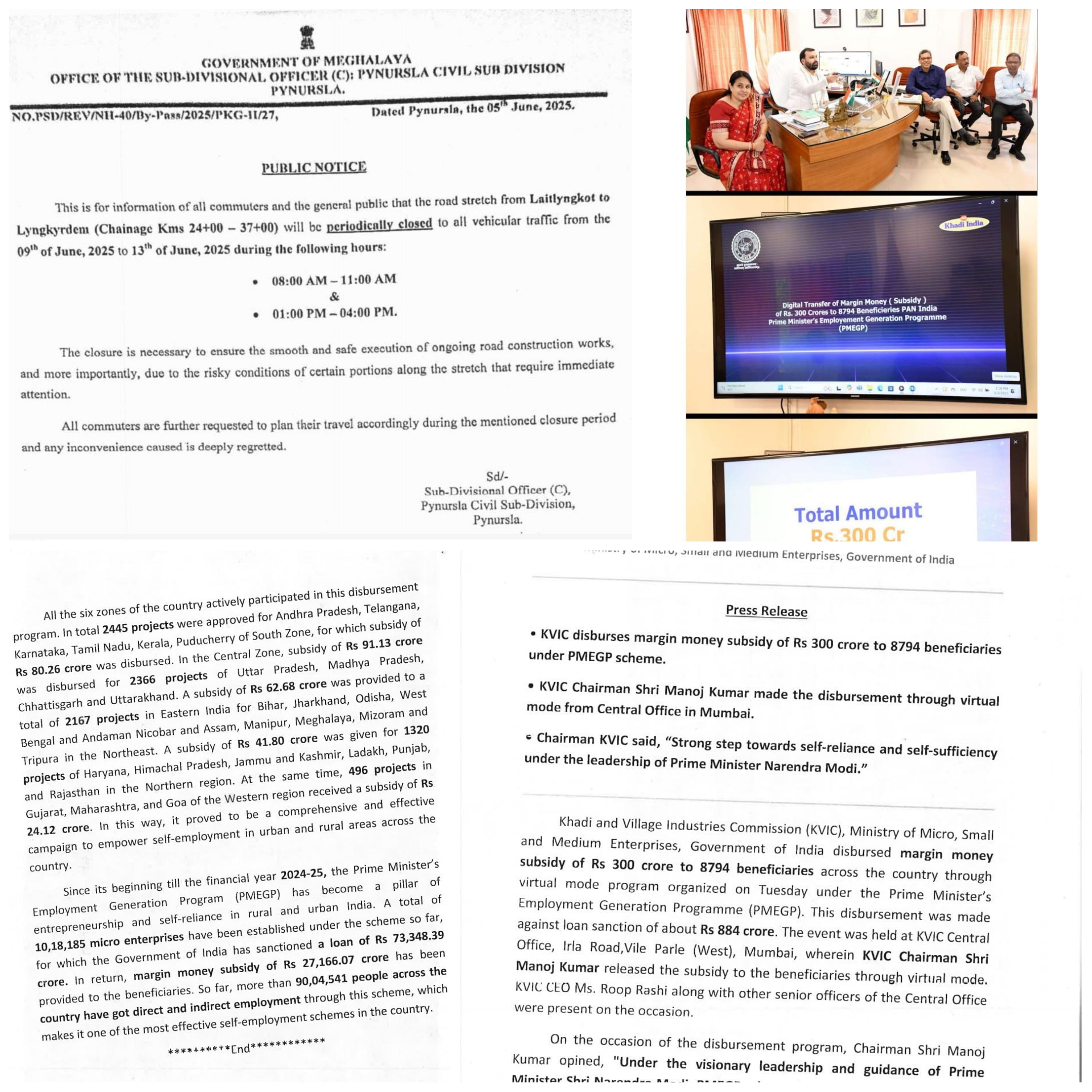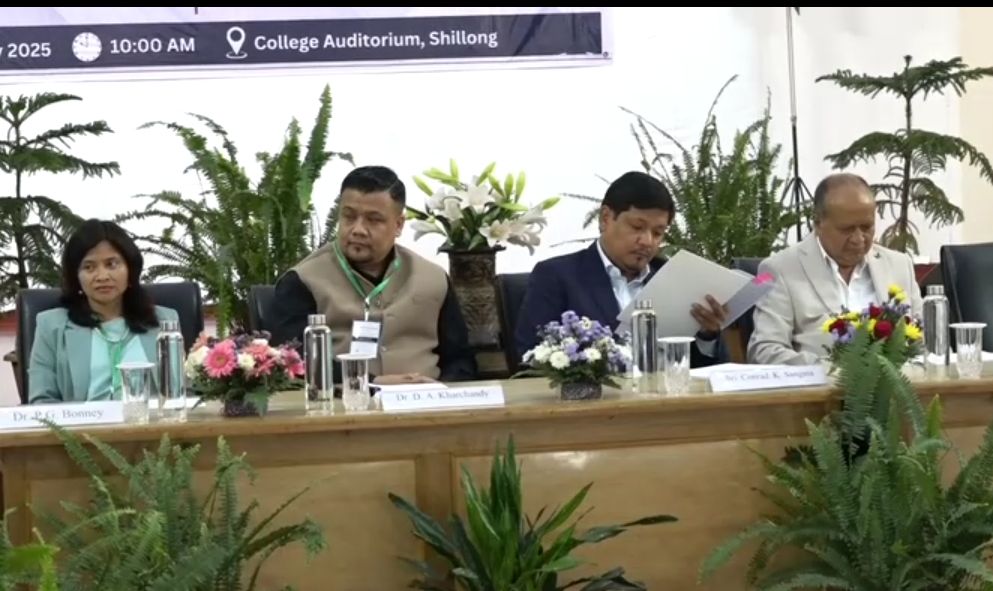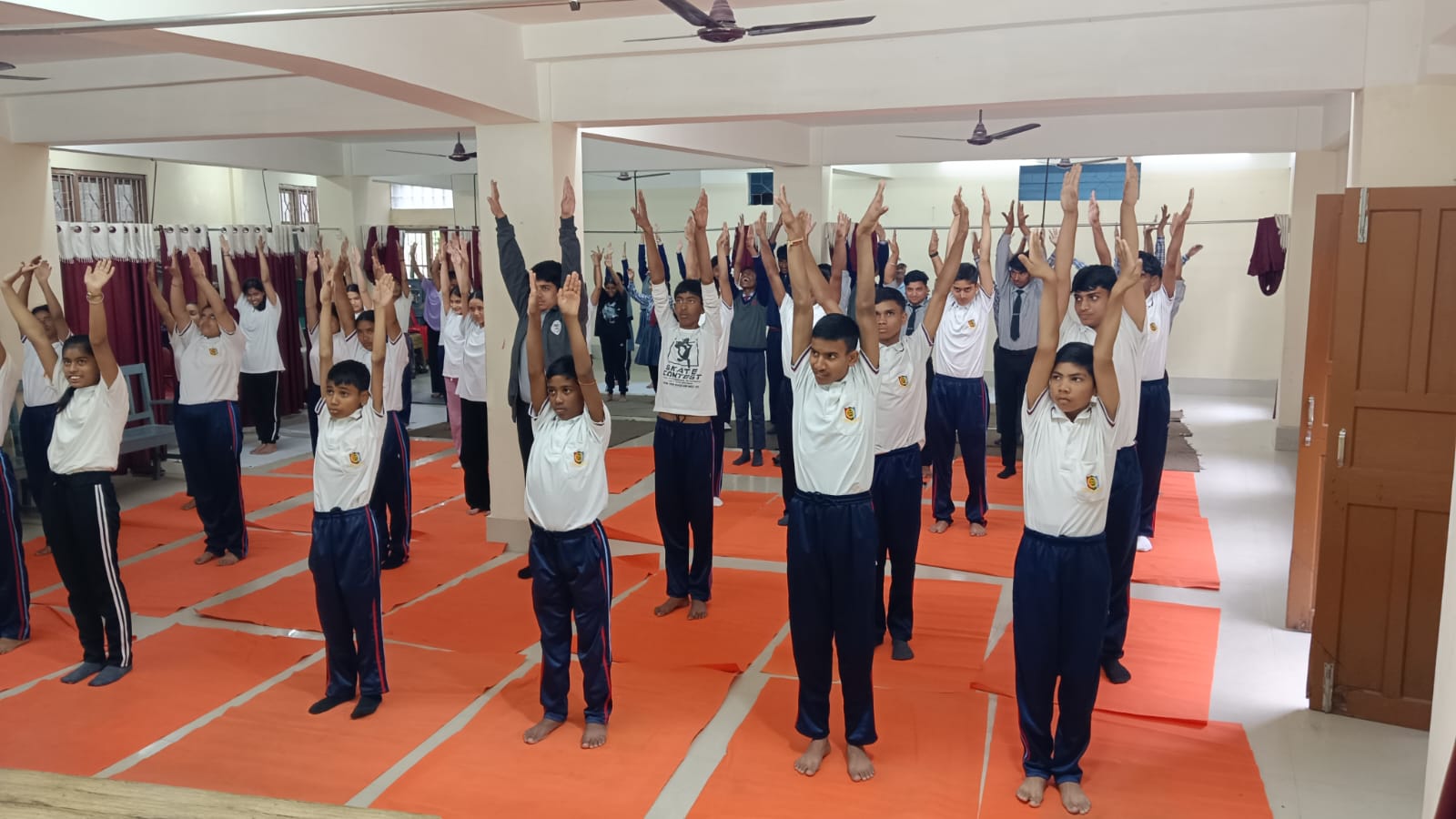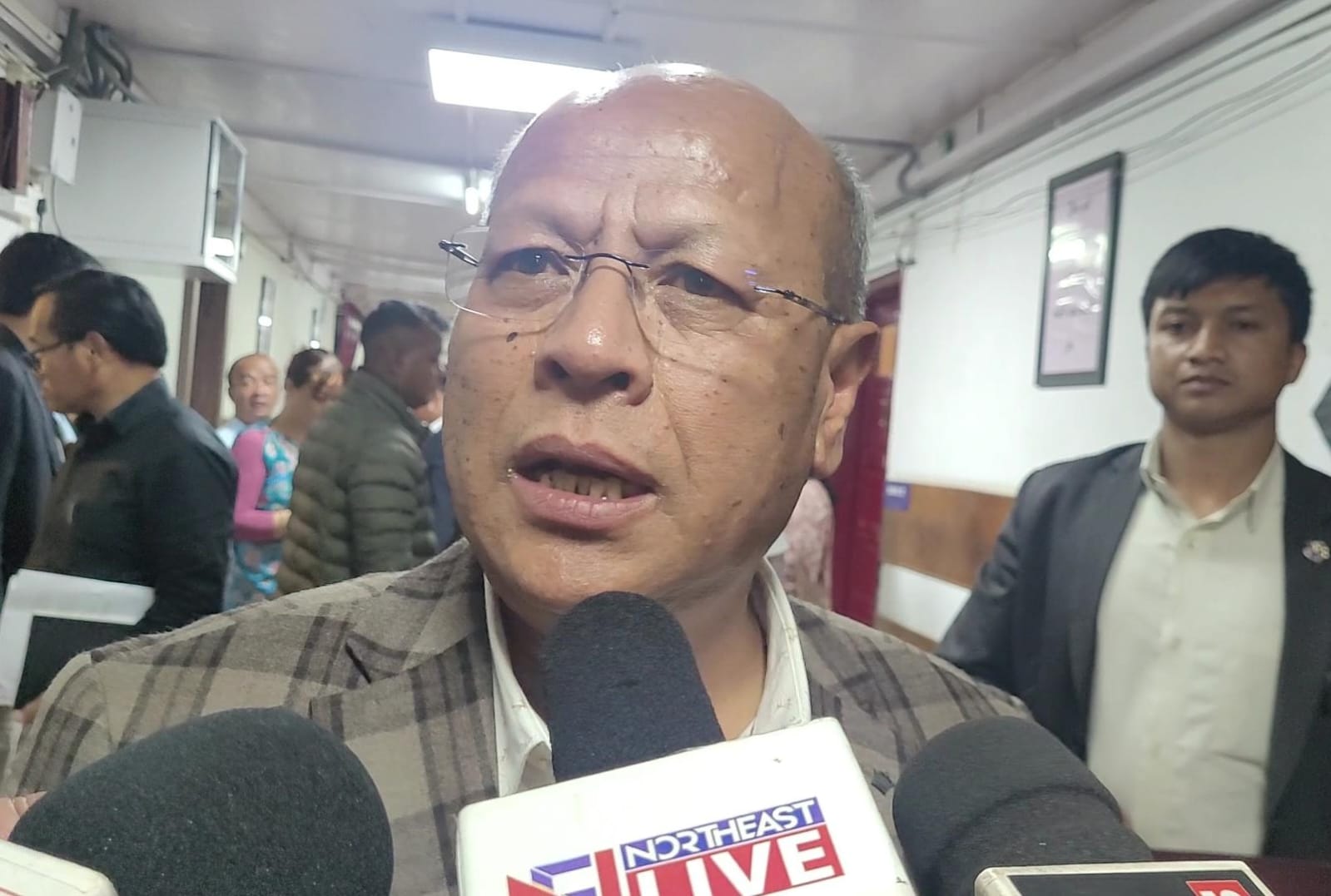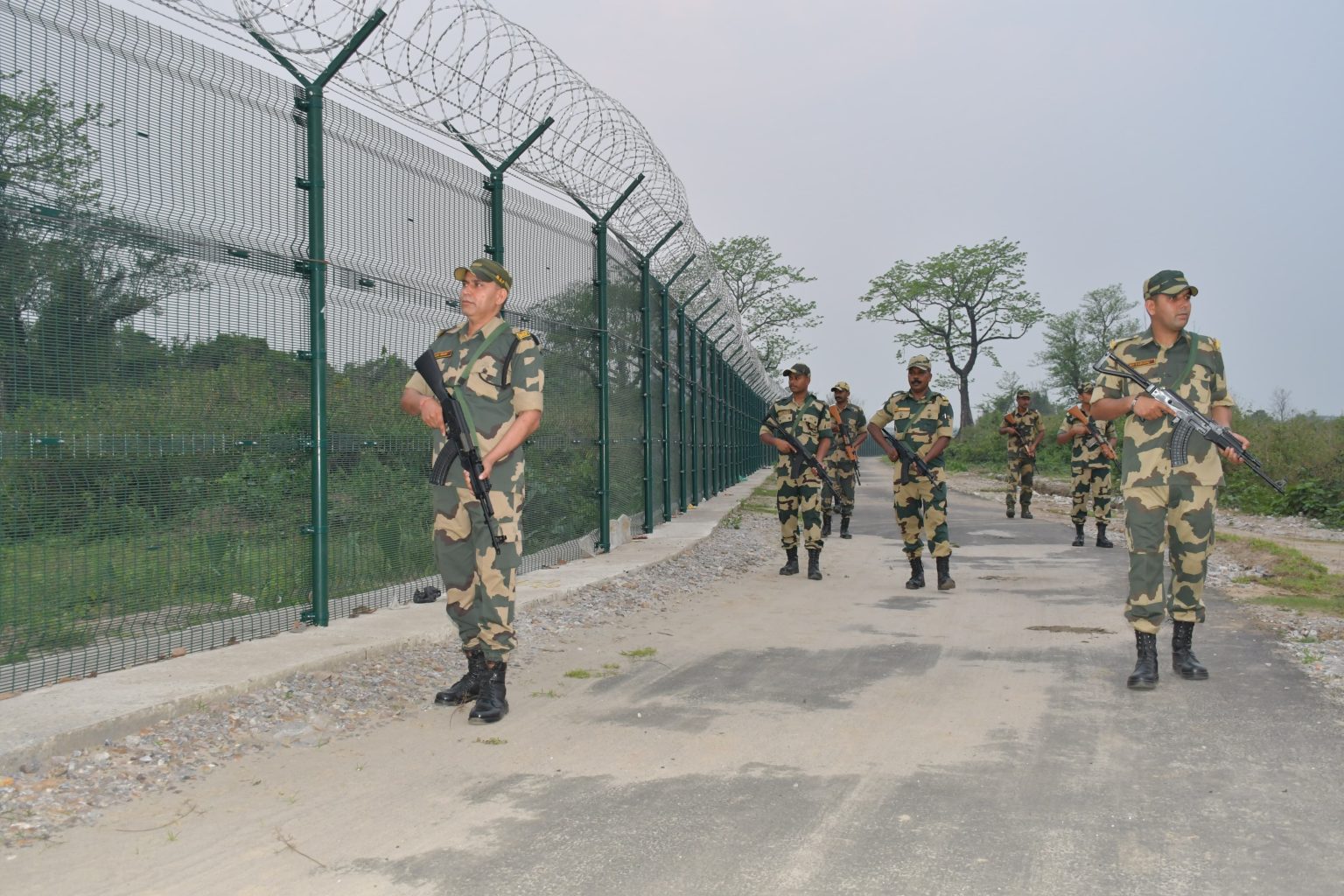In a landmark declaration, Meghalaya Chief Minister Conrad K. Sangma on Thursday announced that the state government is preparing to launch an extensive research initiative to trace the origins of its tribal communities. Speaking at the inaugural session of the two-day National Seminar on “His Footprints in Time: Trailblazers of Meghalaya in the Making of Modern India” at Synod College, Shillong, the Chief Minister revealed that a dedicated team will be constituted under the Department of Arts and Culture to undertake an expansive exploration—both within the country and abroad—into the historical journey of Meghalaya’s tribes.
“This is something that I’ve been working on. Hopefully, in a few months’ time, we’ll be able to come up with a very detailed program on actually going into the history and the entire background of the different tribes of our state and the actual journey that we, according to research, have followed. Where did our tribes start from? Of course, a lot of papers have been made, but I will do it on a very large scale. One where researchers can travel to those locations, meet the people, and actually find out. I think this is so crucial for us because it’s something that will reinforce our identity and allow us to really know more and more about the background and history of the different tribes of our state,” said Sangma.
During his address, Sangma underlined that the initiative would culminate in a detailed program within the next two to three months, adding that the Art and Culture Department has been tasked to spearhead the effort.
He reflected on the broader intent behind the seminar itself, stating, “This seminar, as I said, it’s not about talking about the contributions alone that these individuals have made, but it talks about the lives that they have touched—and more importantly, the lives they will inspire in the days to come. Through seminars like these, through documentation and papers that will come out, I’m sure the impact of how it will touch lives—whether it touched the lives of the person who was actually working and doing their bit, or even now by listening to their life history and their contribution—those lives will be touched. So that’s what really makes this seminar even more special to me.”
Reiterating his commitment to academic documentation and historical research, Sangma said, “I’ve always stressed that one thing I would like to change, especially from the academy’s point of view, is documentation and research. And I have said this many, many times. I’m not saying this just because we are here today—this is something that is very, very crucial. That’s why every time there is a seminar to be held, whether it’s here or in any other college, most colleges will share with you that I have always done my best to support different seminars and encouraged them to always come out with some book or some kind of compilation of the text. We started last year urging that these books be circulated to different colleges across the state and possibly across the Northeast region—not just as research but as part of the learning experience for our children. We placed them in libraries across the state, the region, and also in large universities and colleges across the country. And that is something we should really focus on—how we can further send these books to different parts of the country.”
Further emphasizing government support for research and scholarship, he added, “As part of the research aspect, it’s again one area that I have been pushing. About a year and a half back, we started a program where we have research scholars being supported by the state government. We started with a small group of about 50, giving a seed fund of about three lakhs per research scholar. My intention is to expand this even further and support more and more research. We’ll be coming out with this year’s applications soon. I hope some of the students here will also take part in that. I really encourage you to come up with very innovative ideas for research. There is so much that needs to be done, and it’s something that we, especially I as part of the government, would like to support and see grow.”
Returning to the proposed research initiative, Sangma reaffirmed the need for immersive, on-the-ground study. “I’m also very keen to ensure that we are able to support researchers even in terms of making trips and research programs where they may need to travel to different parts of the country or different parts of the world to figure out the roots and the backgrounds of our different tribes in our state and do deeper research on that. And that’s something that I’ve been working on. Hopefully, maybe in a few months’ time, we’ll be able to come up with a very detailed program on going into the history and entire background of the different tribes of our state and the actual journey that, according to research, we have followed. Of course, a lot of papers have been made, but I will do it in a very large scale. One that actually sends researchers to those locations, allows them to meet the people out there, and find out. This is so crucial because it will reinforce our identity and allow us to understand more and more about the background and history of our tribes. So this is in the cards, and I’ve been putting up a special team to look into this. As I said, we hope to finalise the initiative within the next two to three months, and the Art and Culture Department has been asked to look into this.”
Concluding his remarks, the Chief Minister urged students to seek knowledge not just for academic gain, but for inspiration. “I was going through the different books, and they were so inspiring. I really encourage students especially to read these papers and books—not just to know the history and the significance of different events or individuals, but also to be inspired by the contributions these individuals have made. I’m very happy that this seminar is going to speak about the contributions made by different trailblazers from different walks of life. I’m sure these individuals have contributed immensely. Maybe they were recognized only on a very small scale in the past—but today, once it’s documented, it becomes a part of history and a source for our youngsters to be inspired.”
The seminar, held as part of Synod College’s Diamond Jubilee Celebration and organised by the Centre for Historical Research (CHRSC), also featured Rajya Sabha MP Dr. Wanwei Roy Kharlukhi as Guest of Honour. A special felicitation ceremony during the event honoured individuals and families whose contributions to education, politics, literature, indigenous knowledge, social reform, and theology are now being archived as part of CHRSC’s ongoing legacy initiative.

